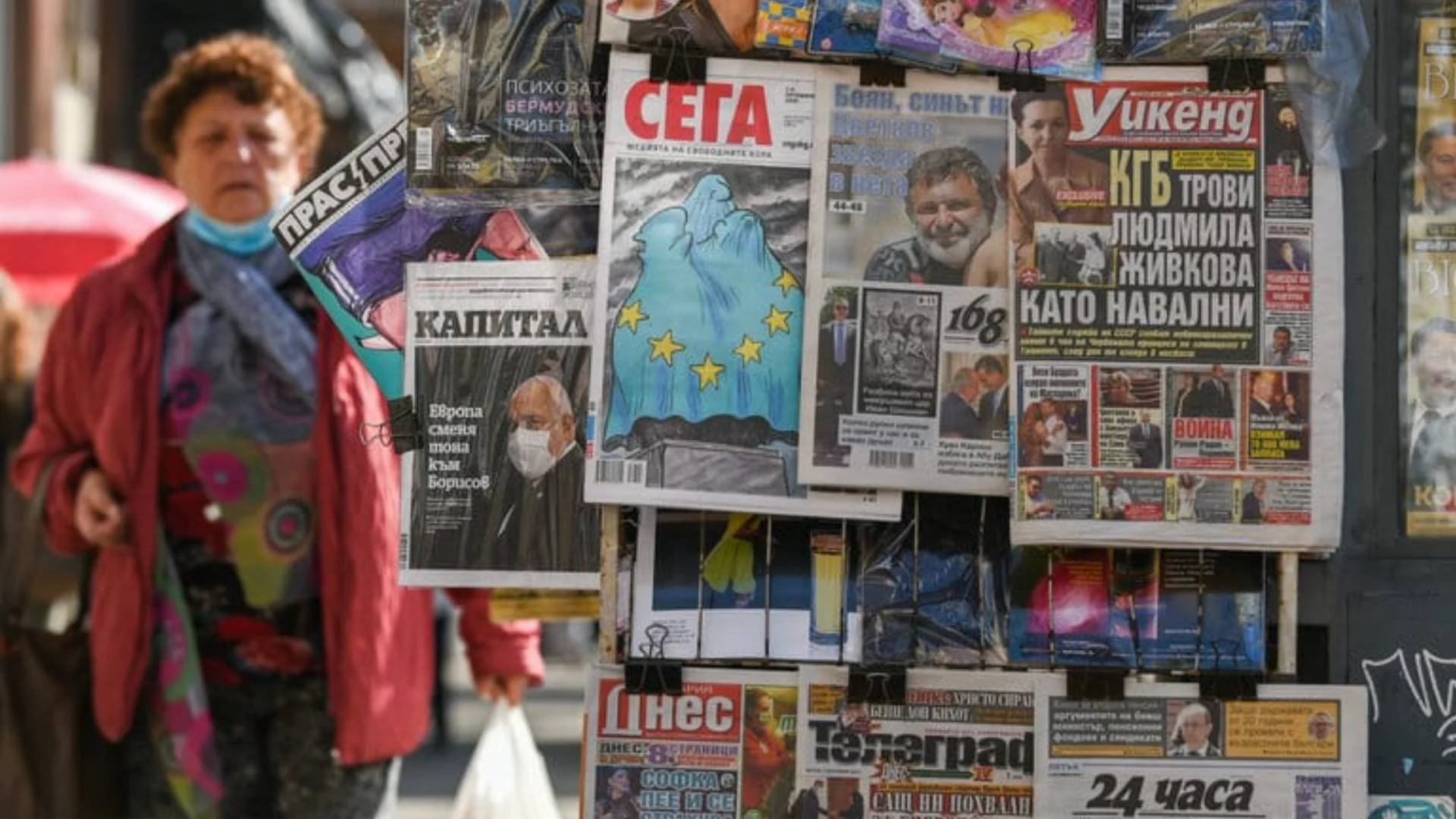The SLAPP Epidemic in the Balkans
While democracy activists worldwide fret about authoritarian strongmen wielding iron fists, the real assault on press freedom in the Balkans unfolds in courtrooms draped with the veneer of legal respectability. The 2024 US State Department Human Rights reports on the region reveals an evolving threat to press freedom that operates not through overt censorship but through strategic legal pressure.
Strategic Lawsuits Against Public Participation (SLAPPs) have transformed the Balkans into Europe's premier testing ground for weaponized litigation. From Bulgaria's nuclear plant executives demanding $286,000 from a whistleblower filing freedom of information requests, to North Macedonia registering 25 SLAPP cases against journalists since 2021, the region has perfected the art of making democracy expensive. We are witnessing the emergence of what might be called "boutique authoritarianism": sophisticated, legally complex, and devastatingly effective.
The genius of the SLAPP strategy lies in its exploitation of democratic institutions themselves. Courts become complicit not through corruption but through procedural blindness. As Bulgaria's Center for Non-Profit Law noted, unscrupulous lawyers face no meaningful sanctions for filing frivolous suits, while journalists and activists lack both funds and the willingness to engage experienced corporate attorneys in prolonged legal battles.
The State Department's country-by-country breakdown reveals how this legal virus has spread. Serbia's ruling party grants broadcast licenses to friendly outlets without competition while journalists face 183 attacks annually. Bosnia and Herzegovina's politicians openly admit they want broadcasters to work "according to the dictate" of governing coalitions. Albania's journalists practice self-censorship not from fear of imprisonment but from lack of enforceable labor contracts.
What emerges is a picture of sophisticated market manipulation. Independent media doesn't get shut down—it gets starved through advertising boycotts, buried under legal costs, or simply priced out of existence through regulatory capture.
The psychological warfare is equally refined. Kosovo's Association of Journalists reports government officials using photoshopped images in threats and spreading disinformation to discredit outlets. Croatia introduces criminal sanctions for disclosing "nonpublic" information about pending cases, effectively criminalizing investigative journalism while maintaining plausible democratic cover.
Perhaps most revealing is how traditional measures of media freedom miss this evolution entirely. Slovenia shows no physical attacks on journalists in 2024, yet reporters still practice self-censorship due to online harassment and job insecurity. The absence of violence doesn't indicate the presence of freedom.
The Balkan model is spreading because it works within democratic frameworks while achieving authoritarian results. Why ban opposition media when you can make it financially unsustainable? Why imprison journalists when you can make their profession economically unviable?
This system's sophistication becomes clear when examining its failure points. Bulgaria's Kozloduy Nuclear Plant dropped its lawsuit only after international pressure, suggesting these tactics work best in isolation from global scrutiny. North Macedonia's journalists organize to track SLAPP cases systematically, indicating that documentation and coordination represent genuine threats to the model.
The response requires equal sophistication. Traditional media freedom advocacy, focused on protecting individual journalists from physical harm, proves inadequate against systemic financial warfare. What's needed instead are structural interventions: legal reforms that impose costs on frivolous litigation, funding mechanisms that shield independent media from economic pressure, and international coordination that prevents the Balkan model from being exported globally.
The Balkans, a region synonymous with explosive political violence, has pioneered a form of media suppression so subtle it barely registers on international freedom indices. While the world watches for dramatic crackdowns elsewhere, a more insidious model of control spreads through legal systems designed to protect democratic values.
The question isn't whether this model will be replicated—it already is—but whether democratic societies will recognize the threat before finding their own press freedom quietly legislated into irrelevance, one lawsuit at a time.
Our readers read next:






